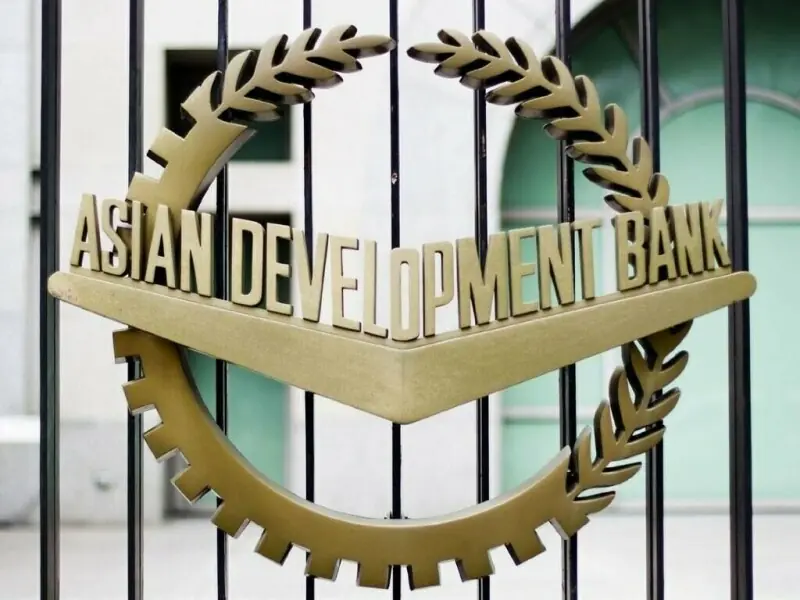ISLAMABAD: The Asian Development Bank (ADB) on Wednesday approved an additional USD48 million loan to Pakistan for the Balochistan Water Resources Development Sector Project, aiming to address critical water management challenges in the province.
The funding will enable the completion of key project components, including the Churi Infiltration Gallery subproject, the development of the Siri Toi Dam command area, and watershed management activities, all of which had been delayed due to budget constraints.
These initiatives are crucial for improving irrigation efficiency, promoting sustainable water use, and combating soil erosion exacerbated by floods.
A key feature of the project is the introduction of a new piped water distribution network in the Siri Toi command area, designed to increase efficiency, reduce conveyance losses, and improve service delivery compared to traditional open-channel systems.
The additional financing builds on earlier successes in strengthening irrigation infrastructure and enhancing water resource management in Balochistan, the county’s largest and driest province.
The province faces severe water scarcity, aggravated by climate change and economic challenges, making it one of the most water-stressed areas in the country.
Agriculture, the backbone of Balochistan’s economy, contributes nearly two-thirds of the province’s economic output and employs 60% of its 13 million residents.
However, recurring droughts and inadequate water management have placed livelihoods at risk, with regional poverty rates nearly double the national average.
“The ongoing project, for which this additional financing has been approved, focuses on the Zhob and Mula river basins,” said Emma Fan, ADB Country Director for Pakistan. “It aims to support livelihoods and improve economic opportunities, particularly for women in agriculture.”
The project will also include the construction of the Siri Toi Dam in the Zhob river basin, which, once completed, will provide a storage capacity of 36 million cubic meters. This will improve water availability for both domestic and agricultural use across 16,592 hectares, including 1,839 hectares of rainwater harvesting-based farming.
To ensure long-term sustainability, the project integrates watershed management practices such as afforestation, soil conservation, and the construction of check dams to prevent land degradation and enhance flood control within the dam’s catchment area.
The project is co-financed by the Japan Fund for Prosperous and Resilient Asia and the Pacific, funded by the Government of Japan through ADB, and the High-Level Technology Fund.
It is part of a broader effort to build a climate-resilient, sustainable water resource management system in Balochistan, with the aim of securing long-term benefits for the province.
Copyright Business Recorder, 2025


